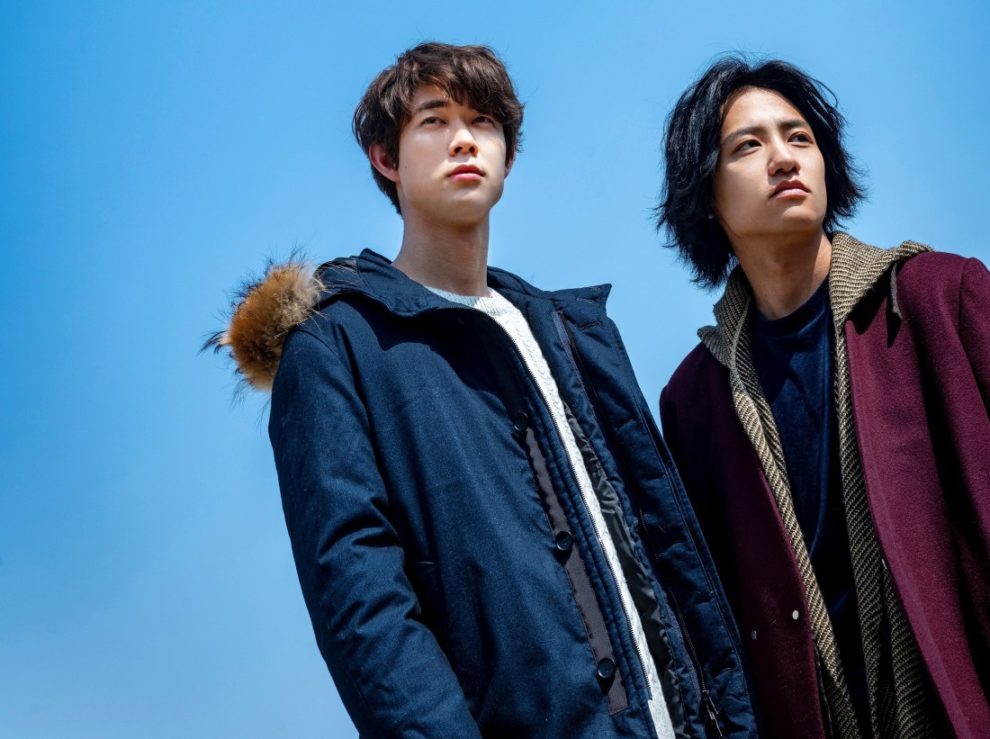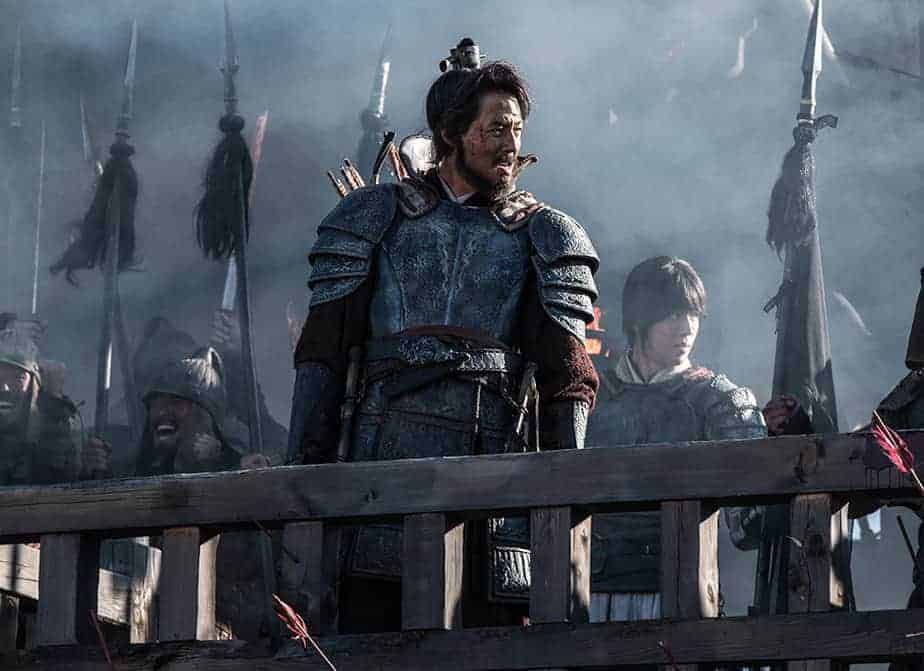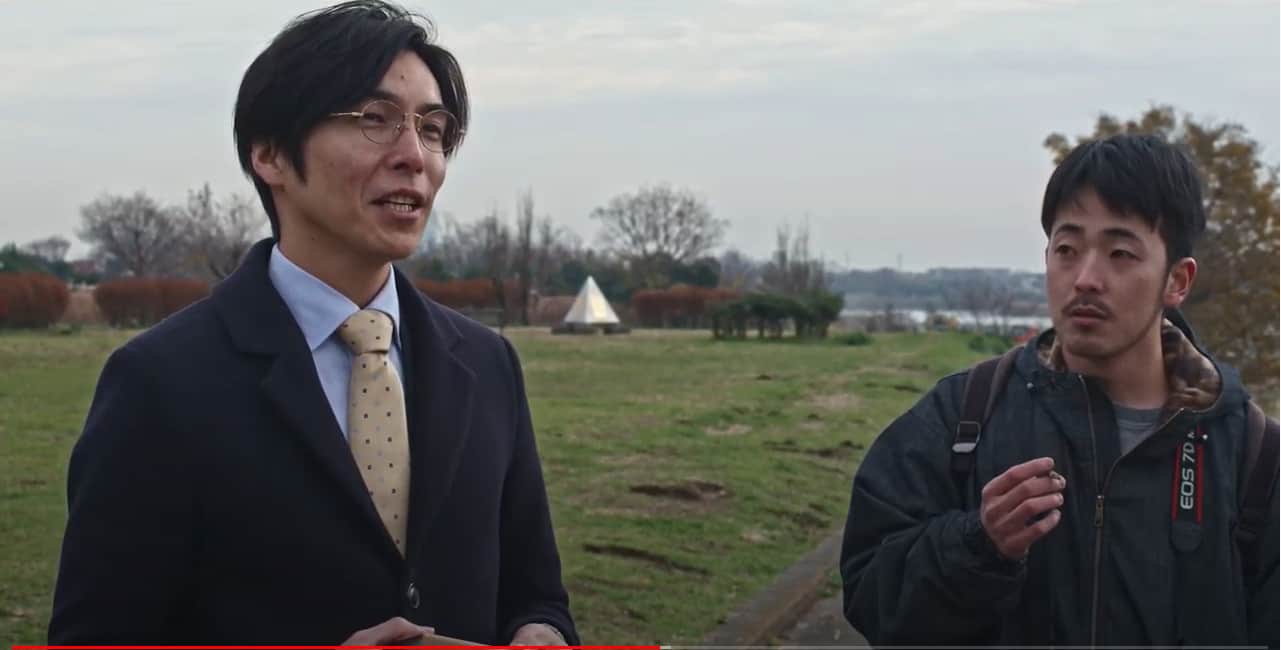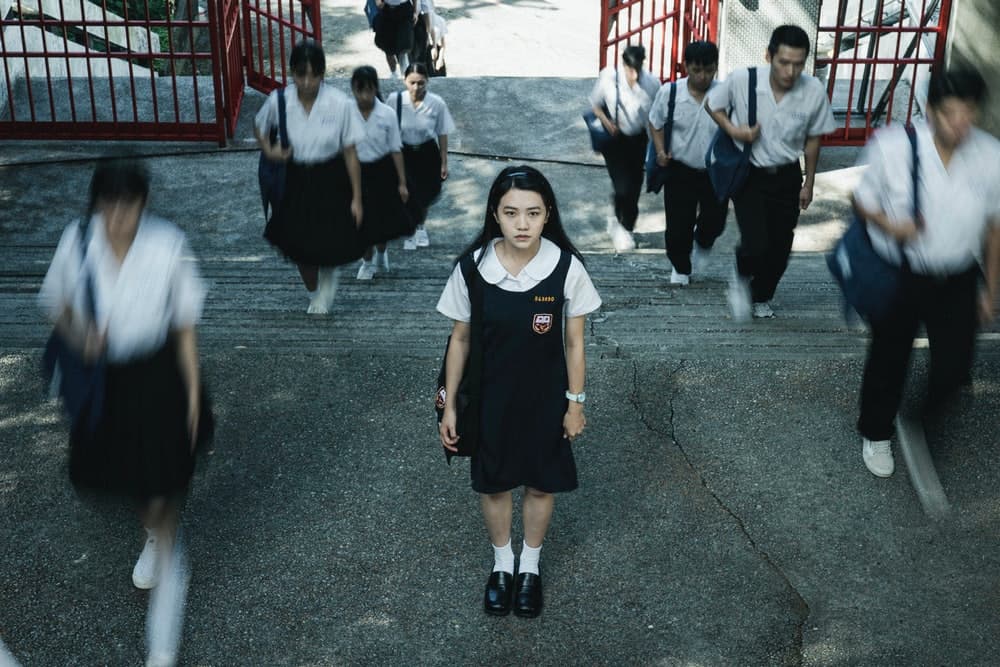In comparison to other Asian countries, Japan is relatively progressive when it comes to the recognition of LGBT rights, with the March 2021 district court ruling in favor of same-sex marriage being one of the latest developments in that regard. At the same time, as in many other countries and cultures, theory is one thing, but practice is something entirely different, and it might take quite a while before a society which traditionally favors conformism realizes that a same-sex couple not only has the same right, but can be parents just as much. In the past, Japanese director Rikiya Imaizumi has repeatedly discussed the theme of love and social traditions within his home country, for example in his aptly named feature “What is Love?” which talks about how love can possibly bridge prejudices and norms. In “his” the director tackles the issue of same-sex couples, about parenthood and images of gender within his home country.
his is screening at Nippon Connection

After his last relationship ended quite abruptly, Shun (Hio Miyazawa) has left his old life in Tokyo behind and has become a farmer in a small town in the country. As he finds solace and peace in the everyday routine of his now quiet life, one day his former lover, Nagisa (Kisetsu Fujiwara), visits him at his home, together with his daughter Sora. While Shun does not quite know how to feel about any of this, Nagisa tells him about the years after their break-up, how he moved to Australia and met a woman, Rena (Wakana Matsumoto), got married and how they both had a child. Little by little, however, he realized he made a mistake and was still attracted to men, and so they both decided to get divorced.
To make matters even more confusing, the ensuing legal battle between Nagisa and Rena about their daughter's custody turns out to be quite brutal, as his wife claims his sexuality might disturb the child's upbringing, an allegation which she considers confirmed as he is now back with his former lover. Even though the divorce and the legal proceedings put a lot of pressure on them, Shun and Nagisa become a couple again, which they fear might influence the way they are seen by the already suspicious community of the townspeople.
Although it is just a small detail, the fact we see Shun reading Franz Kafka's novel “The Trial” seems more than just a throwaway foreshadowing of the court drama, which is what the last half hour of “his” consists of. Both men have found their way of dealing with their sexuality, which is to hide it from the eyes of the public, because of various past experiences, which Atsushi Asada's script shows as flashbacks. A relaxed drink after work turns out to be an investigation of some kind into Shun's private life, as one of his colleagues jokingly remarks on how he would not mind a “homosexual adventure” with Shun given his good looks, followed by a row of laughter, which Shun joins after a moment of unsure silence. Throughout “his” Imaizumi inserts various subtle (and at times less so) references with regard to how social fear and pressure is created, as heterosexuality is still the norm, and those who do not adapt feel at times prosecuted, just as the protagonist in the aforementioned novel.
However, it is important to mention the thoughtful approach in both, script and film. While the focus is on Shun and Nagisa, their romance and them finding a way of coming out, other characters such as Rena are also seen as “victims” to oppressive social norms, or rather gender expectations, which is all the more present in the court drama-part of the feature. In that regard, we should also mention the performances, especially Hio Miyazawa and Wakana Matsumoto, as they add to the subtle drama, with every scene hinting at the emotional turmoil within their character.
At the same time, “his” is not without its flaws. At 127 minutes, the feature occasionally has a tendency to overstay its welcome, with some scenes feeling redundant or repetitive, driving home the same point over and over again. This issue also interferes with aspects such as plot development as the eventual result and various twist and turns of the story feel somewhat predictable.
In conclusion, “his” is a blend of family- and court room-drama about images of gender, sexuality and family. Similar to her past features, Rikiya Imaizumi proves his talent in tackling social issues, although his movie could have done with a little more editing.

















very good review and well writter not a fan of same sex couple type of movies but still its a great movie, https://hisreviews.com/ for reviews.